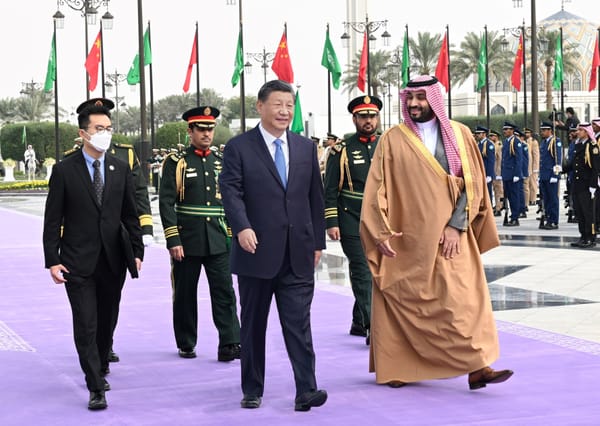As the American Civil War was raging, the famous Prussian strategist Helmuth von Moltke is said to have dismissed the whole affair as “two armed mobs” facing off, with few strategic lessons for sophisticated continental theorists of warfare like himself. The saying is likely apocryphal, but it has stuck around for the simple reason that it conveyed a deeper reality of the time. As the world slouched toward the cataclysm of World War I, many smaller wars were being fought that, each in their own way, offered a prelude of what was to come in 1914. From the American War Between the States all the way to the Russo-Japanese War, plenty of lessons were there to be learned—but nobody was all that interested in them.
The time we live in now bears more than a passing resemblance to those years leading up to the Great War. More and more hints of what might be coming are served up each year, but it’s an open question who is seriously paying attention. One such demonstration came this month when both Saudi Arabia and Iran sent delegates to Beijing. There, the two countries took the first steps on the path to ending their rivalry, long one of the fixtures of the Middle Eastern geopolitical playboard, and agreed to normalize diplomatic relations. As they did so, they made no secret about who had made this huge breakthrough possible: Chinese paramount leader Xi Jinping.
To call this news significant is an understatement. In the unipolar period following the fall of the Soviet Union, the United States had a free hand to nudge or push countries in directions and into alignments that served Washington’s interests. It fanned rivalries that were useful to its pursuits, and tried to align countries with each other in such a way that the United States would be the shot-caller and deal-maker of last resort. Isolating Iran has long been high on the US agenda, and the Kingdom of Saudi Arabia was for decades a natural and willing partner in those efforts.
But not anymore, it seems. The rapidly worsening diplomatic relationship between Washington and Riyadh has been in the news for some time, as have energy-hungry China’s aggressive overtures to the House of Saud. Last year, it was revealed that the two nations were in active talks to sell Saudi oil priced in yuan, rather than in dollars, which would fly in the face of the petrodollar system that had previously been the cornerstone of US foreign policy in the region.
